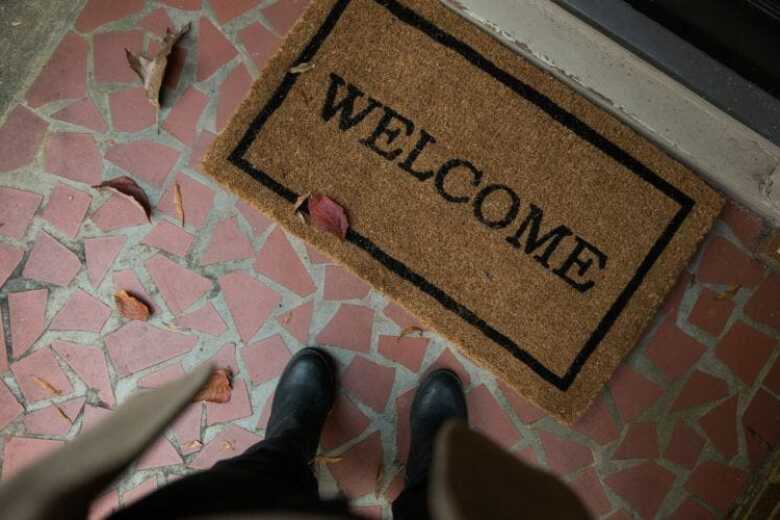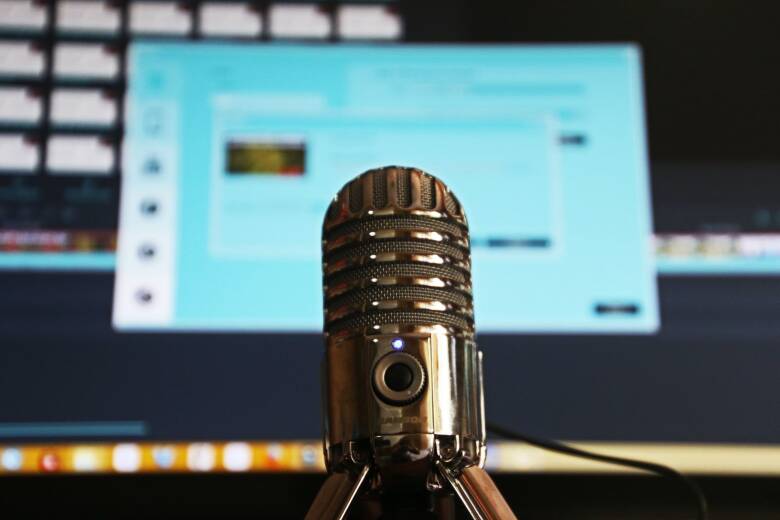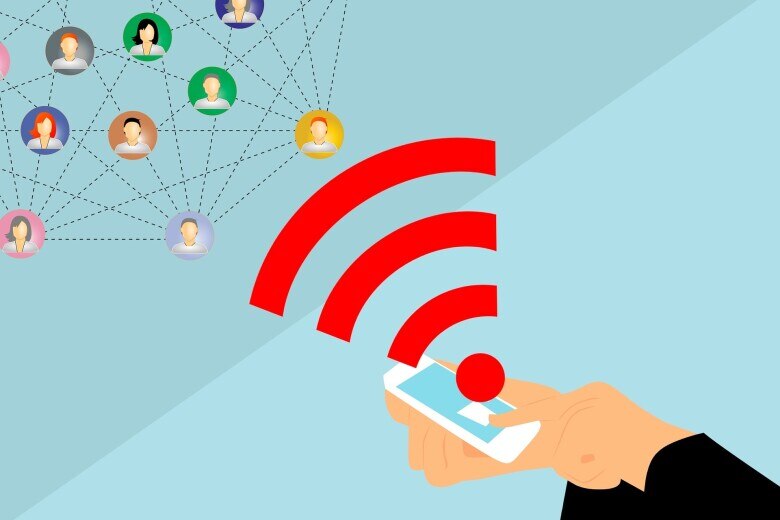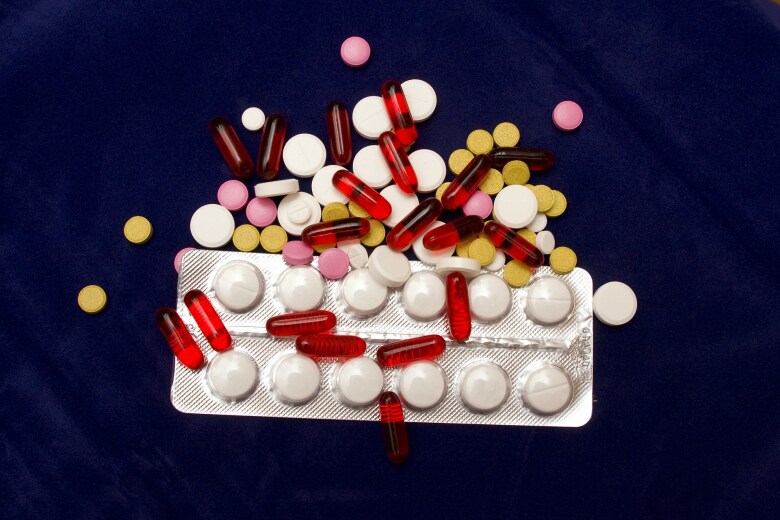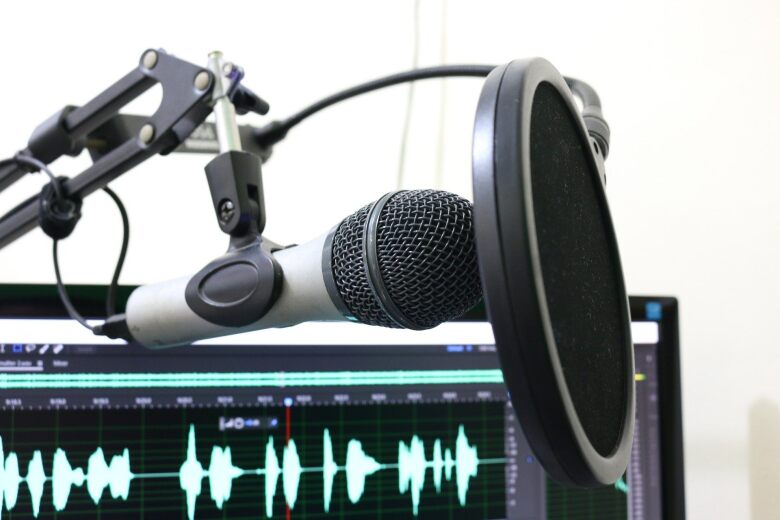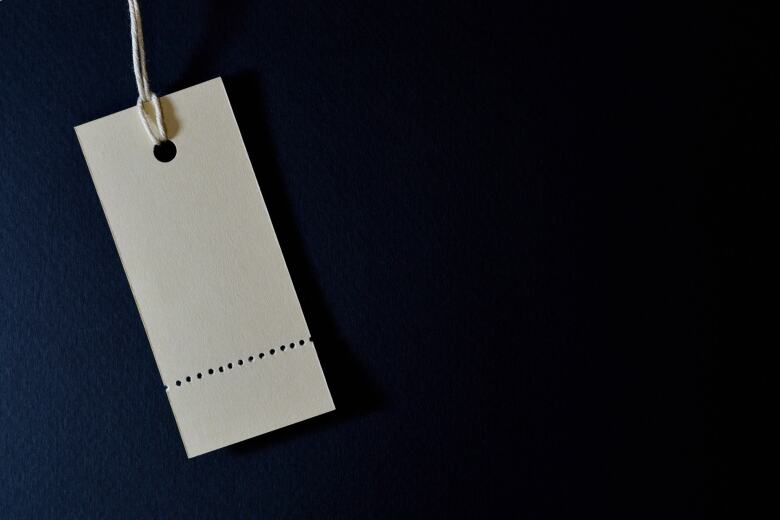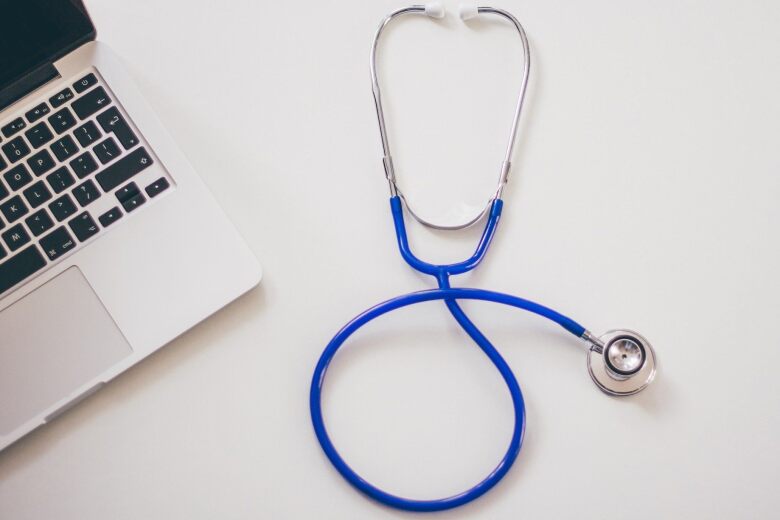Path to Patient Empowerment: Why Healthcare Must Break Data Silos
As a physician and chronic disease warrior with three autoimmune disorders, I have experienced the challenges that data silos pose to all stakeholders in the ecosystem.
Healthcare produces about 30% of the world’s data, a share that’s poised to outpace other industries as medical IoT and wearable devices rise to prominence. Tremendous promise lies within the 80 megabytes of data a year that the typical patient generates. But disparate, unstandardized data makes it difficult to share important health information.
As a patient, I receive multiple digital and non-digital data sources of my health data in various formats, with some of my digital data housed across several applications. To monitor my health and coordinate care, I spend a lot of time manually gathering, analyzing, and sharing this information across different healthcare providers. This adds additional stress to my disease burden. And sadly, I am not alone. Patients often find themselves without easy access to the insights that could improve their care and their lives.
The need to connect fragmented data — including mine — inspired me to launch Jonda Health, which empowers people to securely and conveniently access, manage, and benefit from their own health-related data, including the right to assign these privileges to others. In addition, access to real-world data, including patient-generated information, can advance clinical research and foster innovation.
Digital data-management solutions help patients to focus on what matters most: Getting and staying well while contributing to research if they so choose.
How Does Bad Data Harm Patients?
Disparate data hurts people where it counts most: their calendars, wallets, and hearts.
A decade ago, researchers analyzed how much time patients and informal caregivers spend managing chronic diseases. The finding was astounding: Two hours or more daily.
When data is inaccessible, things get even worse. Missing forms and duplicated clinical work contribute to an estimated $200 billion in U.S. healthcare costs annually. Then there are the wages patients lose when they leave work to deal with data headaches and redundant appointments.
But for patients, all this is secondary to the emotional pain and frustration. Messy, inaccessible data only increases patient and provider burden and complicates care.
Data and Patient-centered Design
A better path forward begins with designing and building clinical data-management apps that put patients’ needs first. Consumers want secure tools that are easy to use and adept at uniting disparate data, irrespective of provider or geography.
Applications need to be easy to use and provide data in a visually comprehensible format, such as time series graphs for relevant biomarkers. This not only helps to improve patient's understanding but also makes clinicians’ lives easier. When patients can use layperson’s terms to simply retrieve data with little effort, everyone wins.
Strategic Use of Machine Learning
When health data is digital, it’s often available only as a scanned PDF file. In addition, a fair amount of data is still not digitized today.
To address this, we at Jonda Health developed a proprietary technology stack that enables patients to upload any document or photo that they deem relevant to their health management. Our machine learning algorithm can classify the type of document and extract, structure, and standardize the unstructured data from certain document types, such as blood tests.
The app then presents the data in a way patients can understand. From there, in a few finger taps, they can share it easily and securely with their providers.
Privacy and Security by Default
A noteworthy 62% of Americans hold serious privacy concerns about their health data and its use in applications. This is not surprising given the growing number of healthcare data breaches. A single health data record can cost $250 on the black market, far exceeding the $5 that buyers pay for a credit card number.
At Jonda Health, data privacy and security is at the heart of everything that we do. We believe that it is a fundamental human right. That’s why we not only use cryptographic end-to-end security but also zero knowledge encryption. This ensures that only patients can decrypt their data, giving them full control of their health information.
The ability to share data securely without hassle is key to creating the frictionless consumer experience that patients deserve and healthcare organizations must achieve. This arrangement also promises to eliminate treatment delays, unnecessary testing, and wasted time and money.
What Data Means for Patients
As a Jonda user myself, I have found the app incredibly useful in managing my own health. By merging data from different providers, the app helped me identify a trend that pointed to a larger issue. I shared the necessary data easily with my care team, who delivered the appropriate treatment in a timely manner.
Every patient deserves to have their health data at hand and feel confident in their ability to navigate their care — whatever it may bring.
Learn more about how you can leverage all your data streams to deliver better patient-centered care.
By: Dr Suhina Singh
Co-founder & CEO, Jonda Health Pte. Ltd.
#ChronicDiseaseWarrior




























